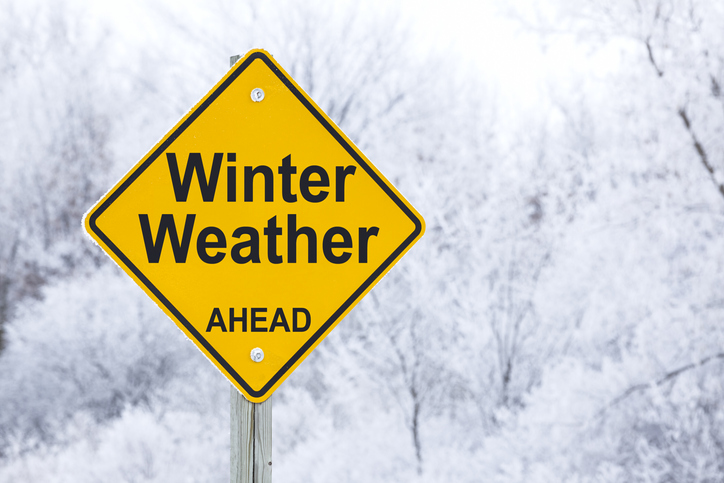Winter Weather Preparedness and Response Guide
Posted November 22, 2023
Natural disasters have become increasingly common in recent years, causing widespread losses across affected communities. In particular, extreme winter weather events (e.g., frigid temperatures, strong winds, blizzards, sleet and freezing rain) have surged in frequency and severity throughout multiple regions in the United States—not just those with colder climates. These events have the potential to result in significant property damage, breakdowns in critical infrastructure, and serious injuries and fatalities.
Over the past decade, several winter weather events have generated multibillion-dollar losses. For example, the 2021 Texas winter storm is currently the costliest U.S. winter weather event on record. During this storm, the National Oceanic and Atmospheric Administration (NOAA) reported that a historic cold wave swept across the state, with temperatures 40 degrees Fahrenheit below average. The prolonged, below-freezing weather damaged many structures due to burst pipes and caused substantial power outages, leaving 10 million people without power during its peak. Altogether, the storm led to nearly 200 fatalities and more than $30 billion in total losses.

This downloadable guide provides actionable suggestions and best practices—which include assessing winter weather risks and taking steps before, during and after a storm—to help businesses minimize related losses. It also contains an appendix with additional winter weather preparedness and response resources. By utilizing this guide, businesses can equip themselves with the information needed to remain resilient amid extreme winter weather events.
This guide is not intended to be exhaustive, nor should any discussion or opinions be construed as legal advice. Businesses should contact legal counsel or an insurance professional for appropriate advice. Reach out to Horst Insurance today for further risk management guidance and insurance solutions.
Download Winter Weather Preparedness and Response Guide for Businesses
